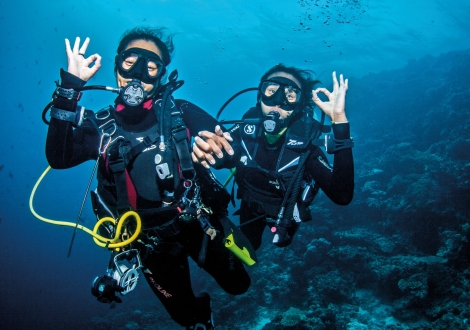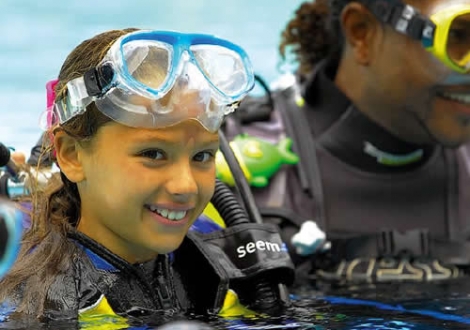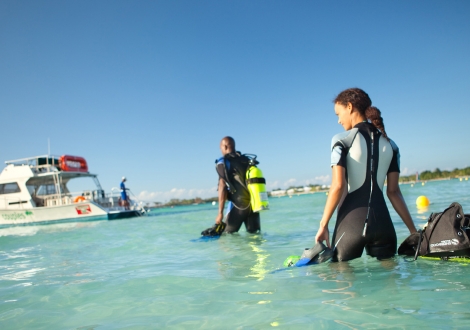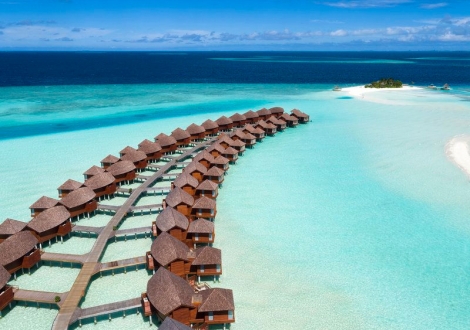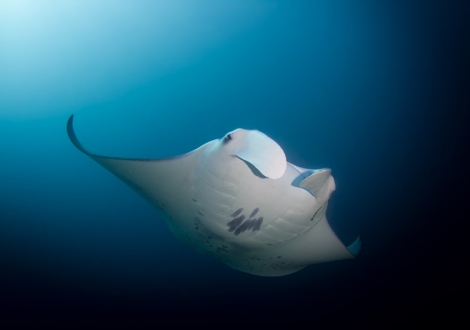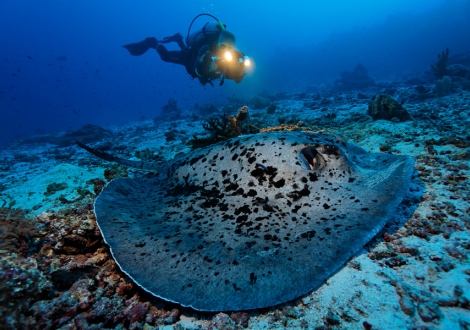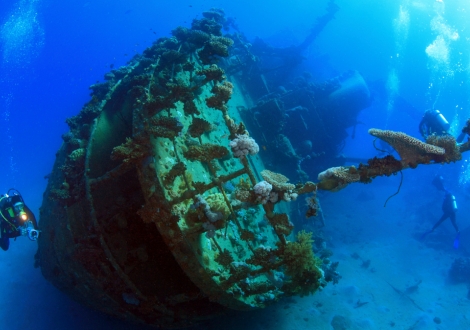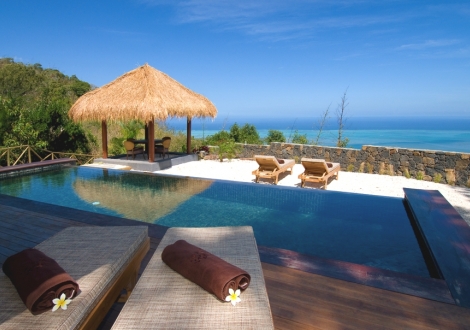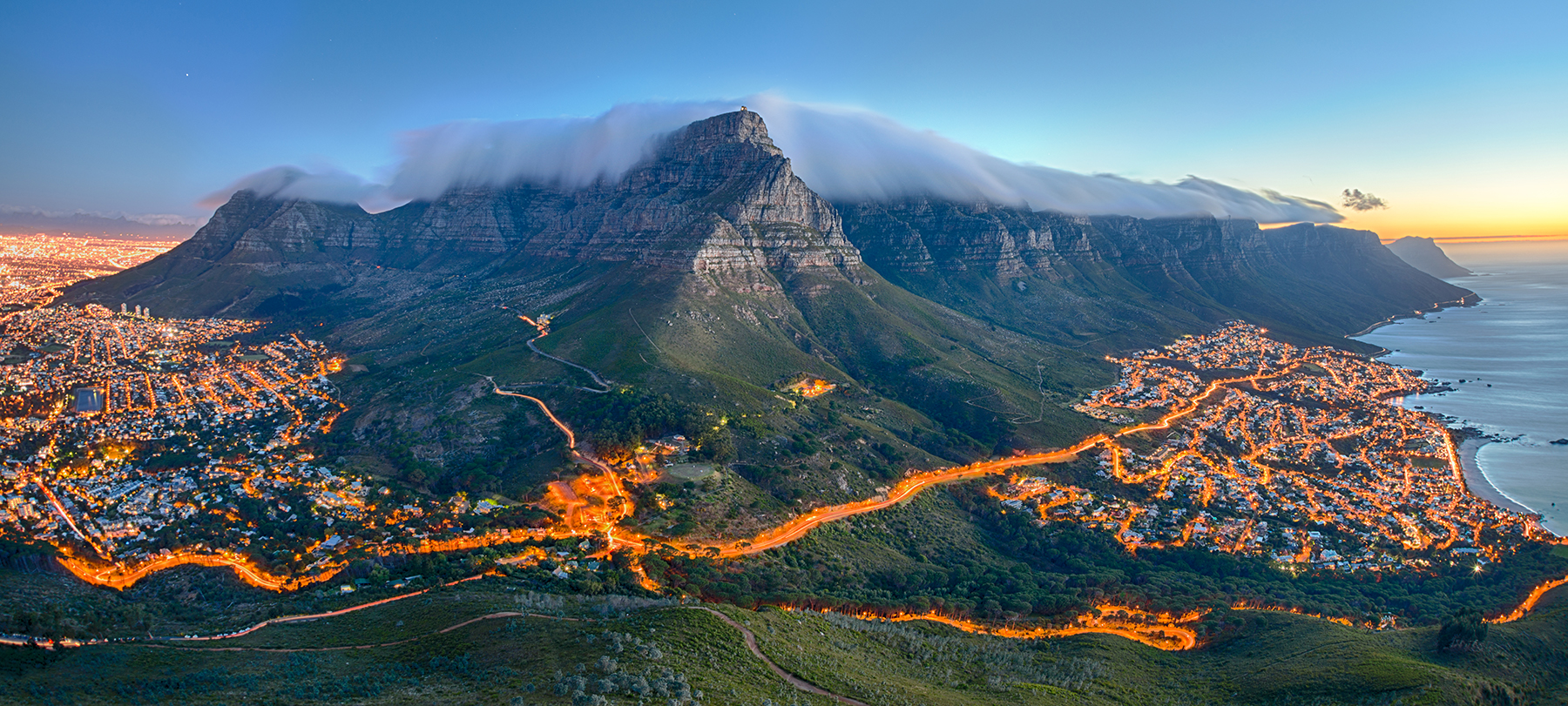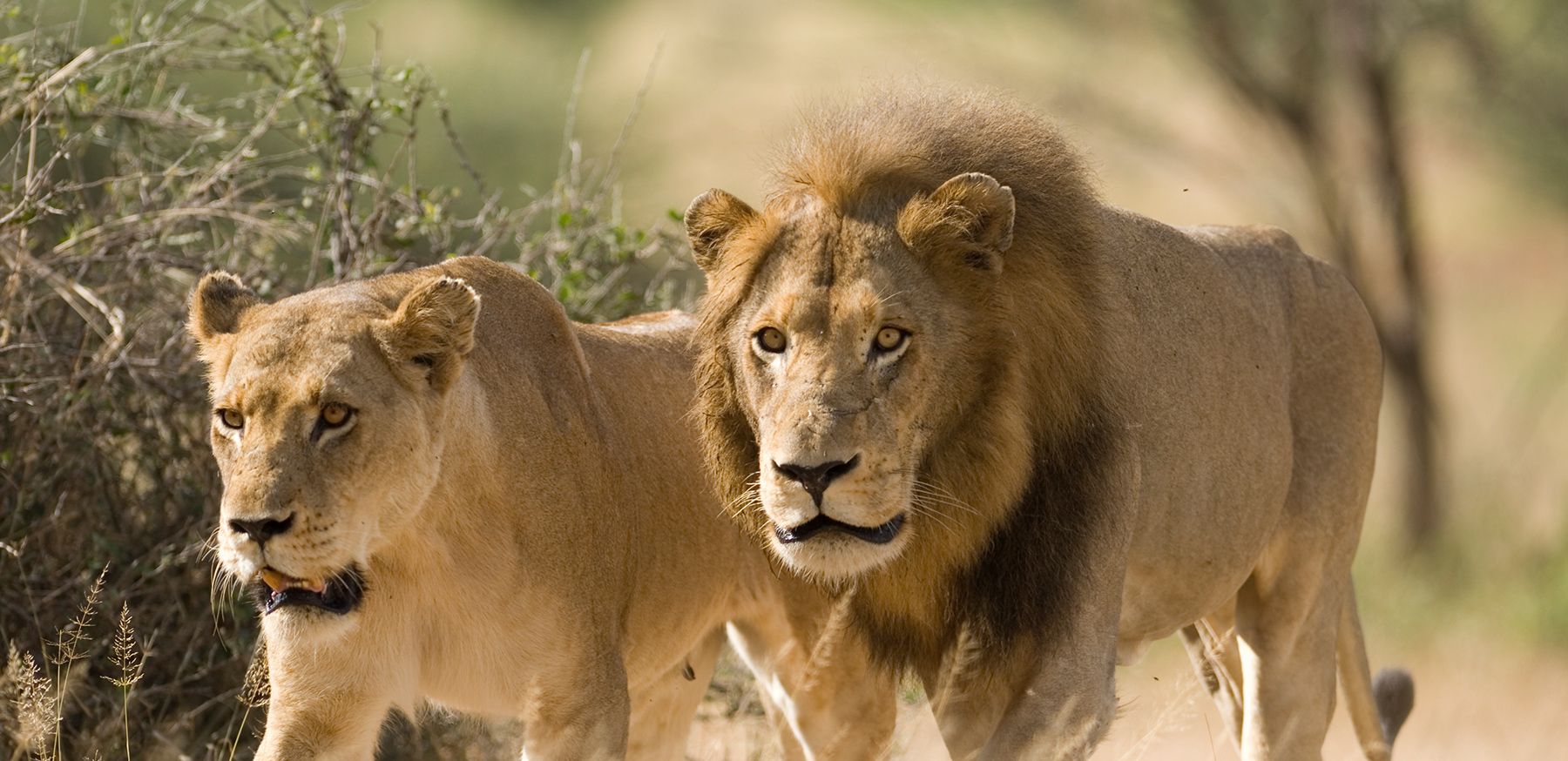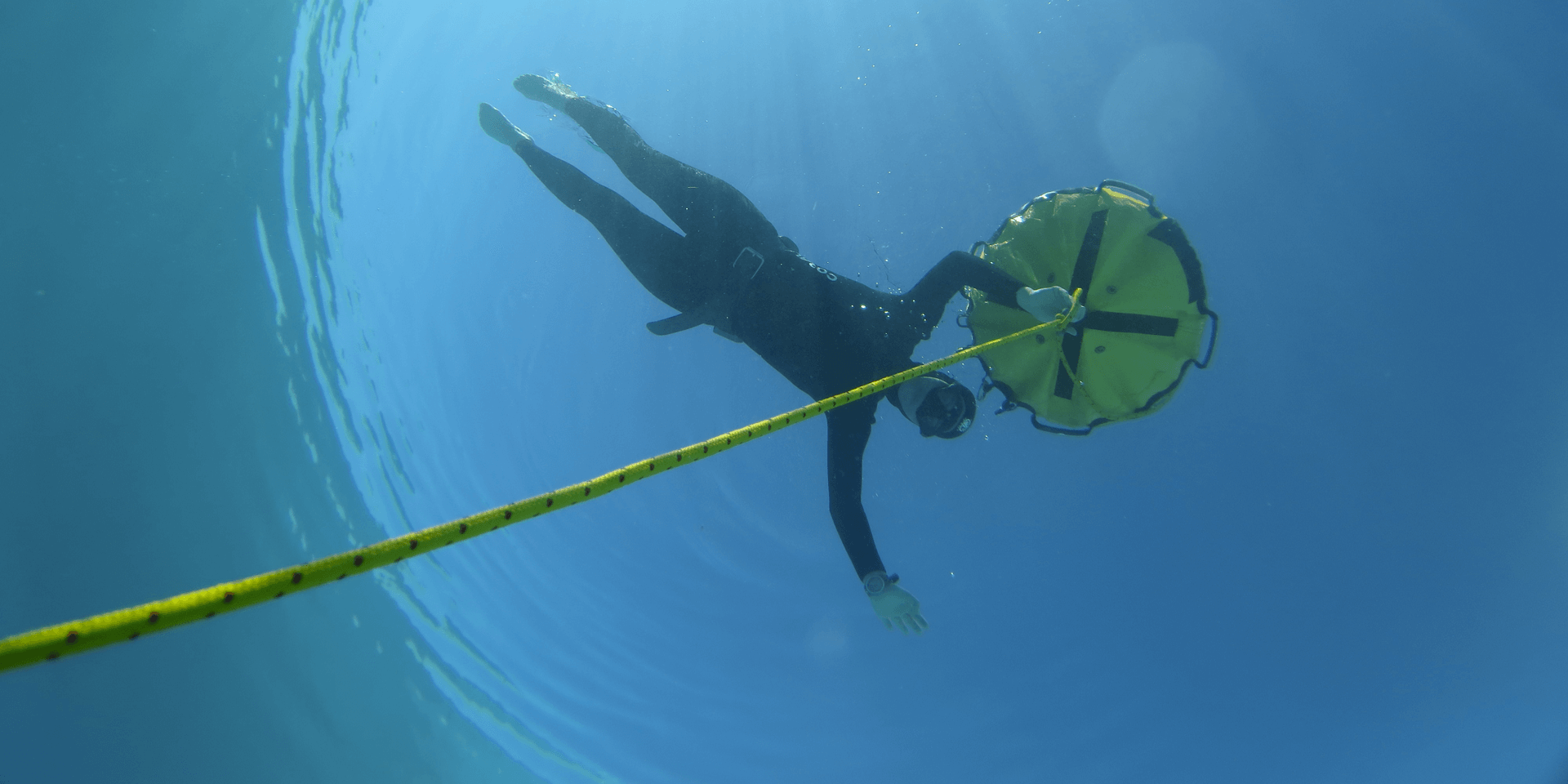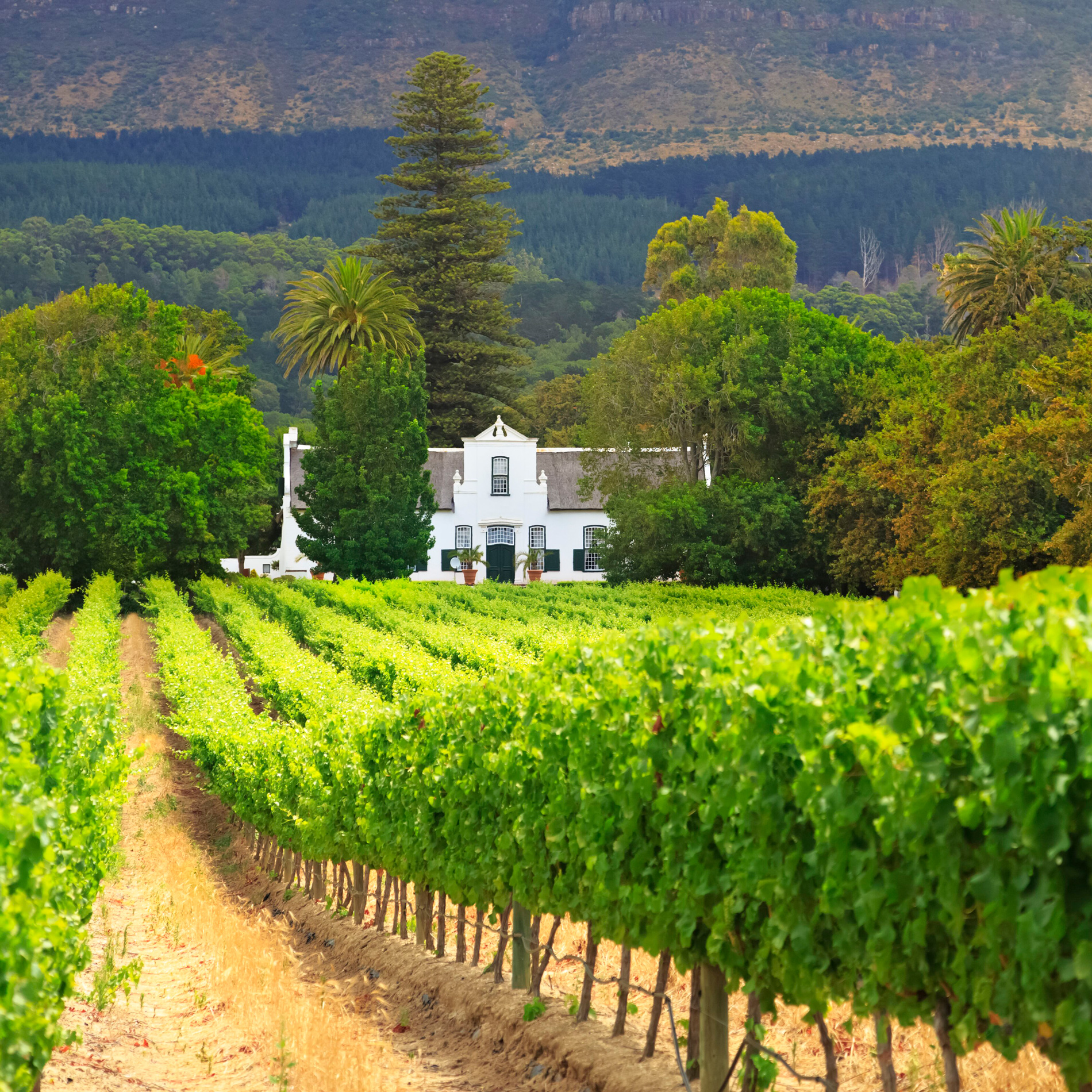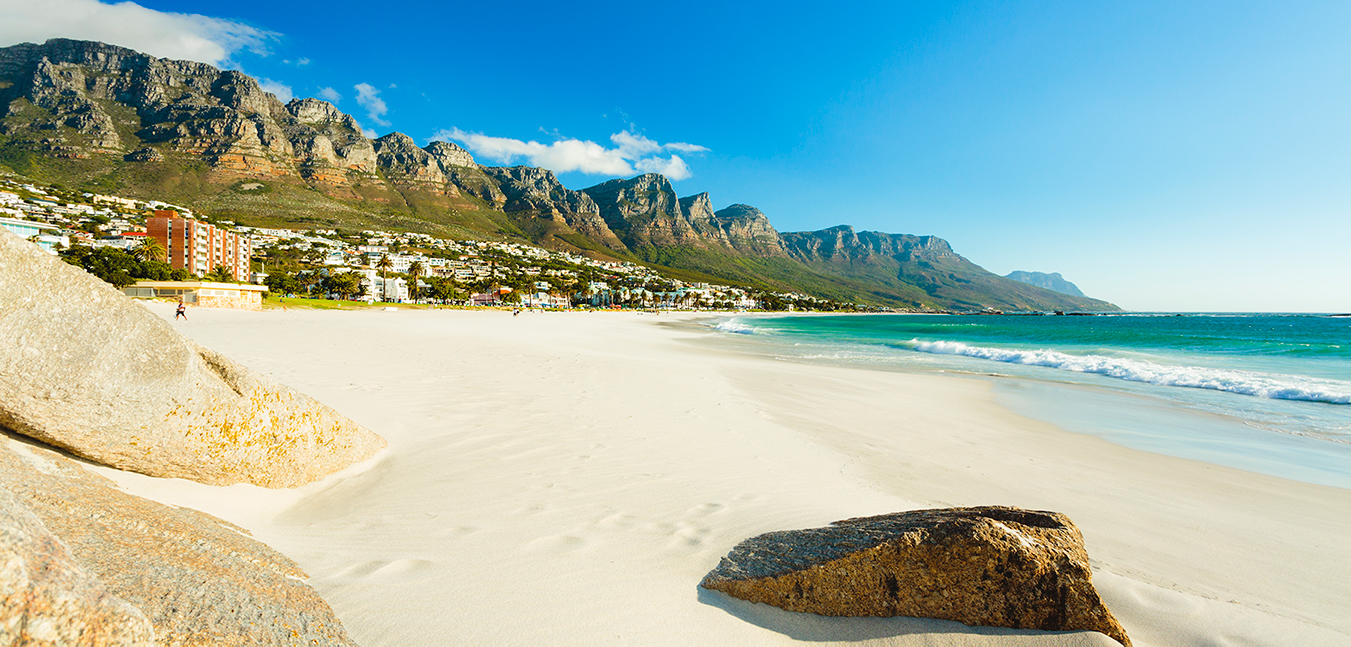Please wait
Why you'll love diving in South-africa!
South Africa offers incredible dive locations due to its beautiful and often dramatic coastline. The coastline is met by two currents, namely the warm Agulhas current along the East coast and the cold Benguela current along the West coast. Both these currents meet at the tip of South Africa and allows the seas around South Africa to hold incredible diversity of marine life.
The water temperature in South Africa can range from tropical to temperate. Along the West coast and Cape Town coast you will find cooler water temperatures from the Benguela current that runs along the coast. With the colder water temperature you will find kelp forests and cold water corals. These waters are full of kelp forest fish species including members of the shark families such as shy-sharks, gully sharks and cow sharks. If you look closely enough you can spot some of the stunning nudibranchs that frequent these kelp forests and cold water coral reefs.
Towards the East coast the water temperature warms up to a more tropical temperature. With this warmer water comes the beautiful soft coral reefs of the South-east coastline along the Garden Route. While the tropical waters of the Kwa-zulu Natal coastline up to Sodwana Bay has some of the most stunning hard coral reef systems.
South Africa with its over 3000km of coastline has some of the most diverse marine life. There are over 2000 species of fish and 37 species of whale and dolphin. The South African coastline also has a long history of treacherous storms that have sunk thousands of ships from the time of the first settlers. These shipwrecks allow for amazing diving opportunities and there are many to choose from along the coastline.
There are a variety of dive sites in South Africa in both cold and warm water locations.
Cape Town
The stunning temperate waters around Cape Town are full of stunning underwater landscapes that house incredible kelp forests full of marine life. These kelp forests are vast and easily accessible from shore. Some of the best kelp forests can be found along the South western tip of the Cape Town Peninsula. Within these kelp forests you can be lucky enough to come across many of the fish species that school within the forests. There are also many shark species that live within the forests including shy sharks, pyjama sharks, gully sharks and the larger cow sharks.
The kelp forests are also home to one of the most inquisitive animals in the ocean, the Cape Fur Seal. For an even more up close and personal experience seals there are many boats that go out to Seal Island in Hout Bay. There are safe channels around the island where scores of young seals play in the water. The experience of diving with these animals is one you are sure to never forget.
There is great dive conditions throughout the year. Along the south and west coast the water temperature in summer can reach up to 20 degrees celsius, however in winter the water temperature can drop to around 8 degrees celsius. The water clarity is all dependant on wind and swell conditions.
The waters along the East coast of South African can reach around 22 degrees in winter and can get as high as 28 degrees in summer. The water visibilty varies and is dependant on the season and conditions. The visibility can be anywhere from 5 to 40 meters.
The marine life in the South African waters leaves nothing to be desired. With the mix of the two different currents there comes a wide variety of mammals, fish species and invertebrates.
There about 25 species of whale and dolphin found off South Africa’s coast. The most frequently seen are the common dolphin, bottlenosed dolphin, southern right whale and occasionally the oceans and bays are frequented by orcas. Of the seven species of seal that occur off the South African coast only the Cape fur seals breeds there. This makes for amazing diving experiences.
There is a huge diversity of fish along the South African coastline. Over 2000 species have been recorded in South Africa. The majority of these fish species occur along the east coast of South Africa due to its tropical water temperatures.
South Africa has a high diversity of invertebrates in the warm and cool coasts. Hidden amongst the kelp beds and coral reefs are many different nudibranch species such as the coral nudibanch and the gasflame nudibranch.



 Nassau
Nassau
